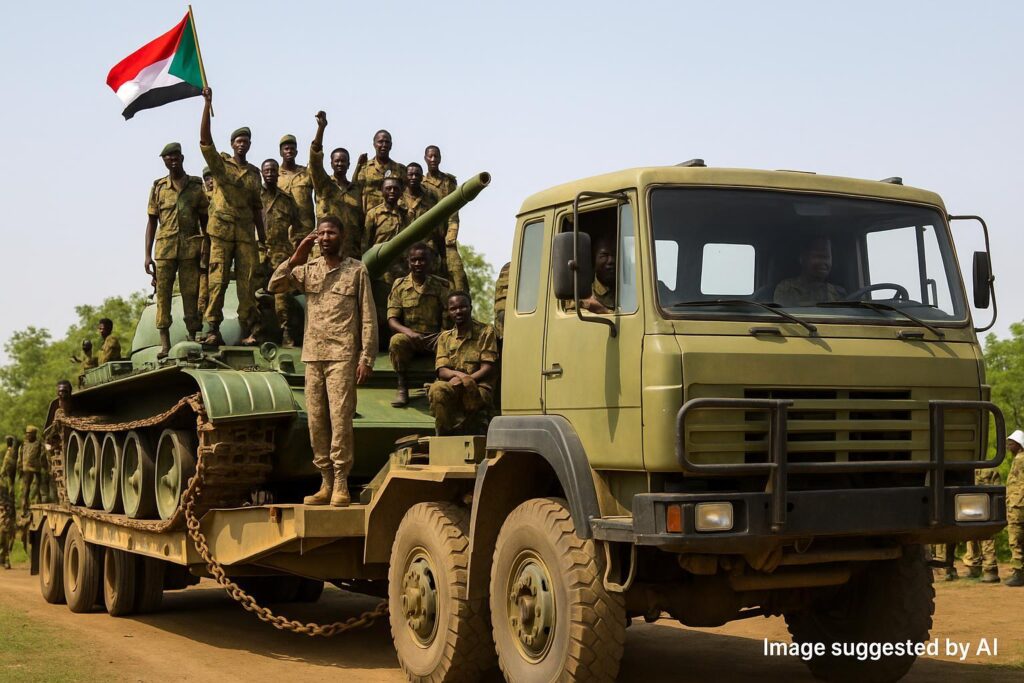Abyei Borderland at the Heart of Two Nations
From Khartoum to Juba, few names stir debate like Abyei. The fertile, oil-rich enclave straddles the 1956 north-south frontier and still awaits the promised referendum agreed in 2005. For many locals, the stand-off is a daily reality, not a diplomatic footnote.
Successive peace talks have postponed a final ruling, leaving Ngok Dinka pastoralists and Misseriya nomads in administrative limbo. Each side believes history and grazing rights favor its claim, heightening the value of every new identity card issued.
Citizenship Offer Shifts the Chessboard
Port Sudan authorities now offer Sudanese passports to thousands of Ngok Dinka adults. General Abdel-Fattah al-Burhan frames the move as ‘recognition of longstanding ties’ but opposition politicians call it a strategic enrollment drive designed to tilt any future vote.
Naturalization decrees appeared in late January, officials confirm. Registration centers opened in Kadugli and El-Obeid, drawing long queues. One newly minted citizen, who asked to be named Gabriel, said he felt ‘both relief and uncertainty’ as fingerprints were taken.
Military Logic Behind the Papers
Analysts note Sudan’s regular forces have struggled to match the Rapid Support Forces in manpower since street battles erupted last April. By widening the draft pool to Abyei, commanders secure recruits familiar with local terrain overlooking RSF positions near Nyala.
A senior security source described the tactic as ‘community defense, not mercenarism’. Yet independent researchers warn the policy blurs the line between civic inclusion and forced militarization, a practice long criticised in Security Council briefings.
Echoes Across the Region
Juba watches nervously. South Sudanese officials argue the Ngok Dinka identify culturally and politically with the South; sudden allegiance swings, they fear, could later be cited to rewrite borders. Diplomatic channels are active but fragile.
Relations with Ethiopia also feature. Reports of Tigrayan fighters receiving Sudanese documents mirror past Horn-of-Africa proxy patterns, raising the specter of a patchwork war drawing in neighbours beyond the Blue Nile corridor.
Humanitarian Stakes Rise
In Agok and surrounding villages, displacement tents now mingle with registration booths. Aid agencies say renewed clashes could uproot another 50,000 civilians during the lean season, complicating deliveries already hampered by fuel shortages.
Medical volunteer Asha Deng recounts treating children for malaria while parents debated identity forms. ‘They want safety, not slogans,’ she observed, highlighting the gulf between political calculus and civilian priorities.
Legal and Ethical Questions
International law specialists point to the 1954 Convention on Statelessness. Granting nationality is legal, they argue, but weaponizing it could violate Protocol II of the Geneva Conventions if it deliberately alters civilian status in a conflict zone.
For now, the passports remain pieces of paper. Their true weight will be measured in ballots, battle lines, or both, once the gunfire fades and Abyei’s overdue referendum finally returns to the agenda.


